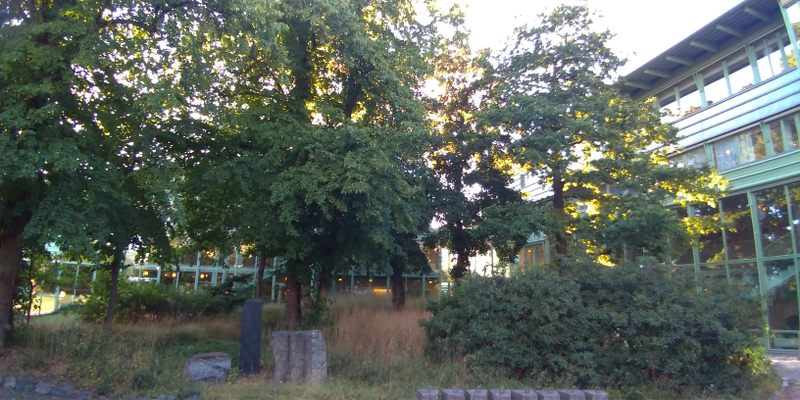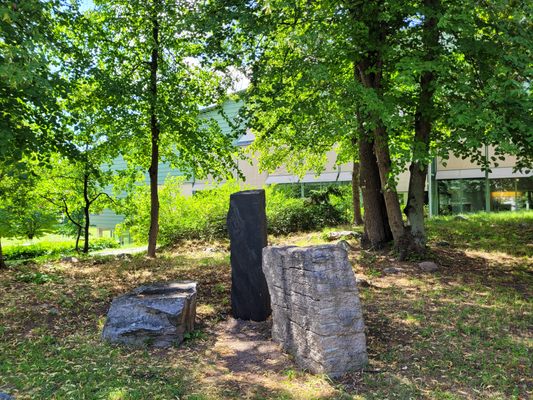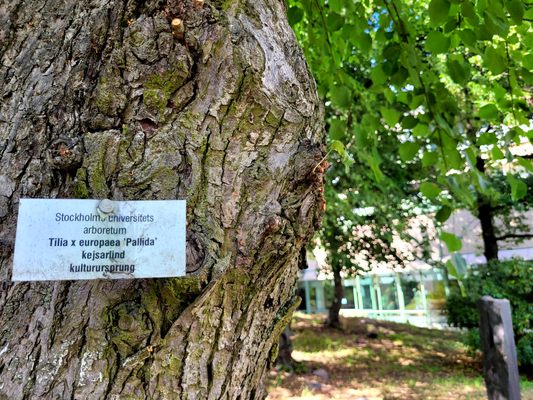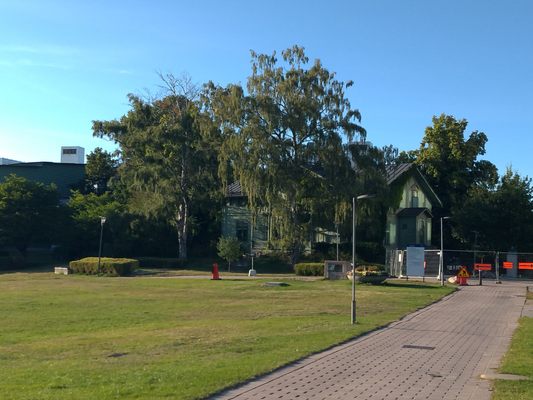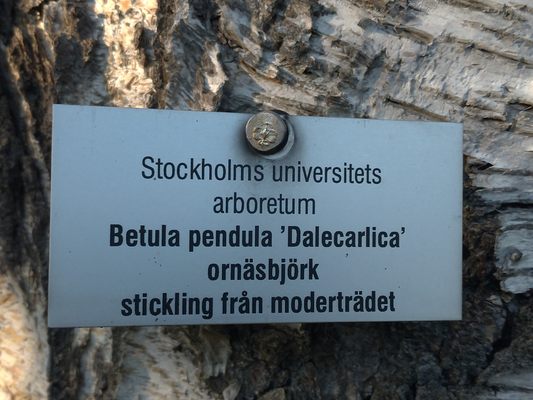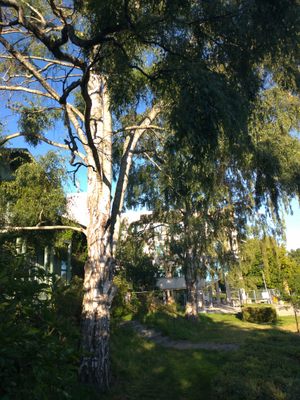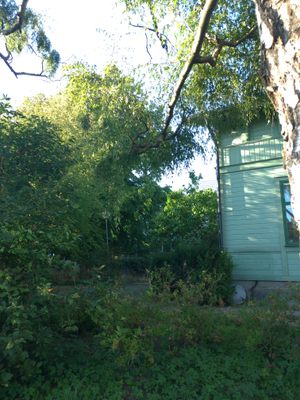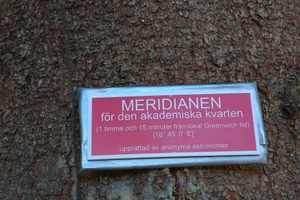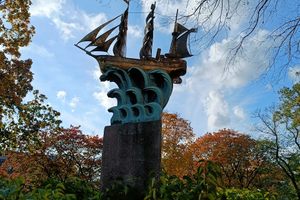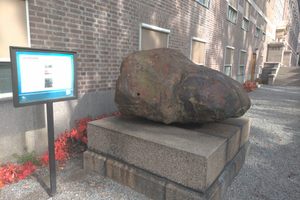About
Botanical gardens have allowed scientists to research plants for centuries, making far-off and exotic specimens locally accessible. This practice has produced beautiful botanical gardens across the world. However, most of these are focused on plants and smaller shrubs. What happens when a researcher wants to study trees instead?
The Stockholm University arboretum is exactly that, a large collection of trees from across the globe waiting to be studied. The collection consists of well over 1,000 trees. The trees are spread across the SU campuses in a way that normal passersby would think they were merely decorative trees. On closer inspection, all have a small number plate attached to their trunk. The more rare specimens have a nameplate that explains their species and origin.
There are three main collections, all of which have been part of the university for over a century. The oldest collection can be found in the Bergian Garden, where over 200 different species have been planted since 1885. The large grass field in the middle of the campus was once an agricultural experiment field for the Royal Swedish Academy. The trees growing in that area are remnants of that process. Towards the lake, visitors will find a Beech forest, planted to help train foresters on how to care for the trees.
The most interesting specimens are located around the Gröna villa (greenhouse). In front are two Ornäsbjork that were propagated from the mother tree. The Beech forest is well worth a visit as a quick escape into nature. Other highlights include a black walnut tree at Småbrukarhemmet, a Japanese Katsura in front of Juridicum's library, and a North American Robinia near Lantis. In the Bergian Garden, visitors can find a collection of trees including coastal spruce, Turkish purple apple, Ontario poplar, and North American maples just to name a few.
Update as of May 2021: Unfortunately, the trees were cut down in December 2020 due to a disease. Two new Ornäs birches have been planted in their stead.
Related Tags
Know Before You Go
The campus is freely accessible. The collection is very spread out, so either plan out the trees you want to see or spend some time walking around.
Published
September 14, 2020
